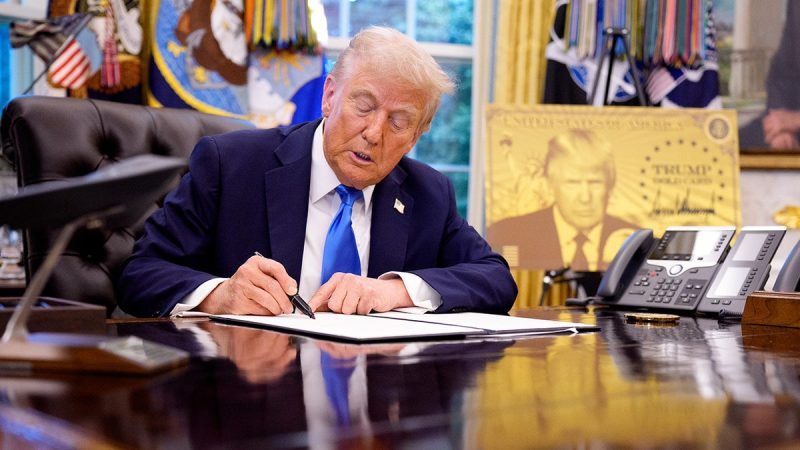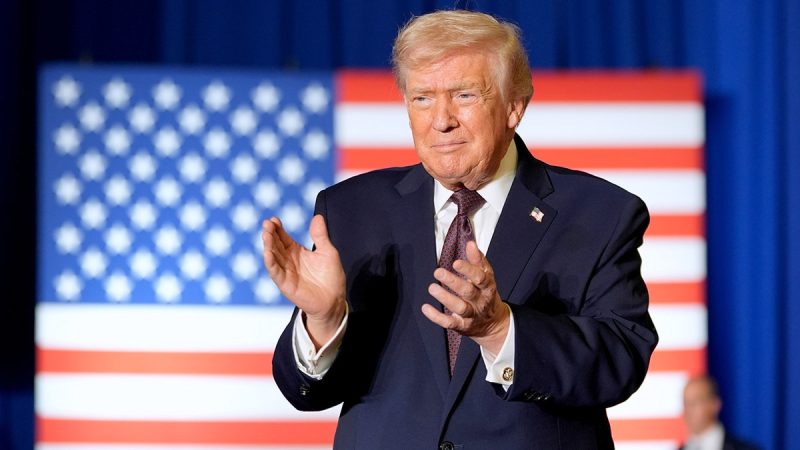President Donald Trump’s administration is poised to walk back an Obama-era greenhouse gas finding that serves as a lynchpin for justifying climate regulations across the country on Wednesday.
The 2009 ‘endangerment finding’ identifies six greenhouse gases that the Obama administration said pose ‘a threat to public health and welfare.’ That harm finding was then used to justify sweeping climate regulations from the Environmental Protection Agency (EPA), such as raising fuel economy standards and limiting power plant emissions, The Wall Street Journal reported Monday.
EPA Administrator Lee Zeldin hailed the move as cutting through government red tape in an interview with the Journal.
‘This amounts to the largest act of deregulation in the history of the United States,’ Zeldin said.
The Journal reports that the final rule will be made public later this week and is set to eliminate requirements to measure, report, certify and comply with federal greenhouse-gas emission standards for motor vehicles. The rollback does not yet affect power plants or oil and gas facilities.
‘More energy drives human flourishing,’ Interior Secretary Doug Burgum told the outlet. ‘Energy abundance is the thing that we have to focus on, not regulating certain forms of energy out.’
Trump is reportedly expected to hold an event at the White House on Wednesday with Zeldin and Energy Secretary Chris Wright. There they will announce a new initiative for the Department of War to purchase electricity from coal-powered plants.
The Washington Coal Club is also set to name Trump the ‘Undisputed Champion of Coal’ during the event, according to the Journal.
Trump has been consistently critical of global warming claims and climate regulation throughout both of his terms in office, famously withdrawing from the Paris climate agreement when he first took office in 2017.
Trump more recently used the wall of winter storms across the U.S. as a talking point against ‘climate insurrectionists.’
‘Record Cold Wave expected to hit 40 States. Rarely seen anything like it before,’ Trump wrote on social media last month. ‘Could the Environmental Insurrectionists please explain — WHATEVER HAPPENED TO GLOBAL WARMING???’

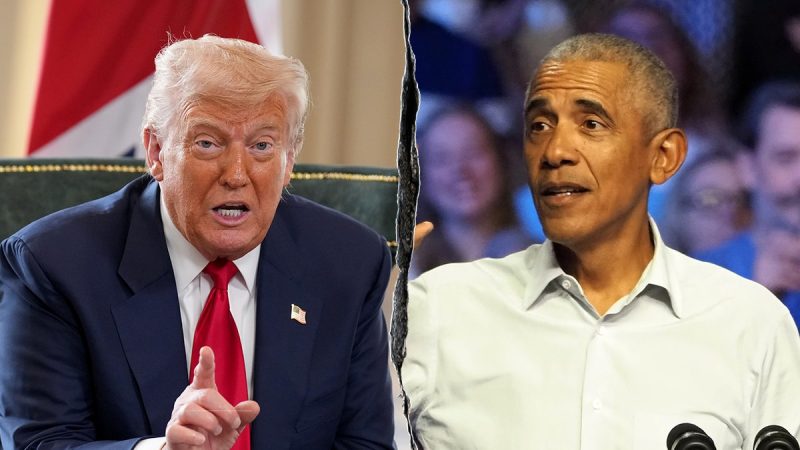
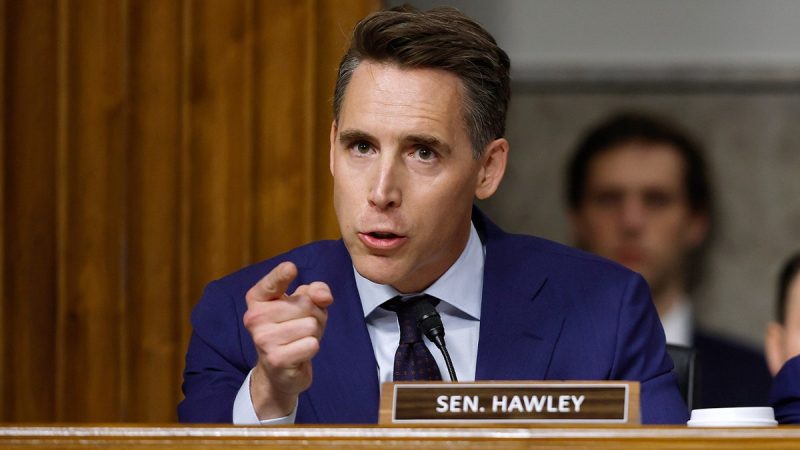
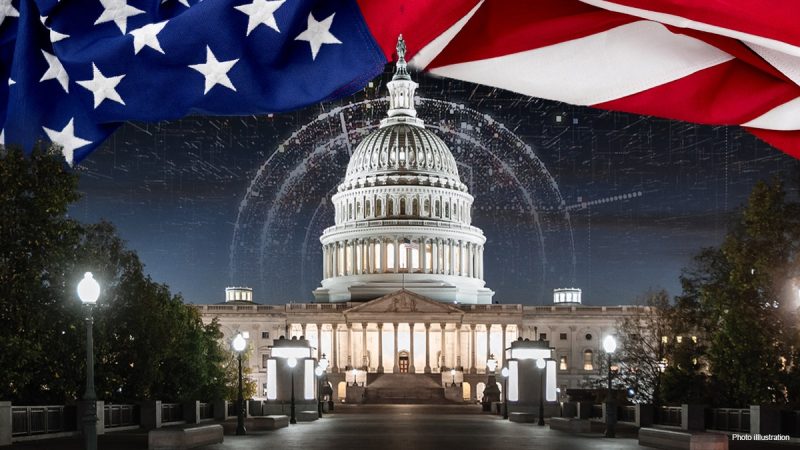
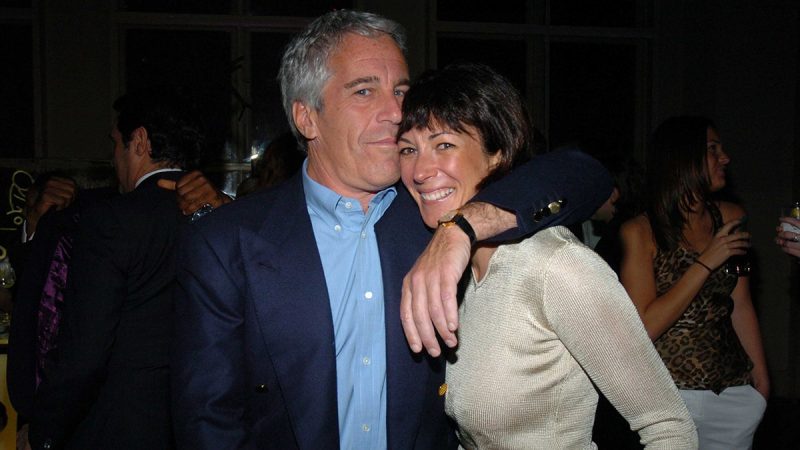

![Director of National Intelligence Tulsi Gabbard denied any wrongdoing on Saturday as Democrats question why a whistleblower complaint filed against her last May took nearly a year before it was referred to Congress.
‘[Virginia Democrat] Senator Mark Warner and his friends in the Propaganda Media have repeatedly lied to the American people that I or the ODNI ‘hid’ a whistleblower complaint in a safe for eight months,’ Gabbard wrote in a lengthy X post on Saturday. ‘This is a blatant lie.’
She continued, ‘I am not now, nor have I ever been, in possession or control of the Whistleblower’s complaint, so I obviously could not have ‘hidden’ it in a safe. Biden-era IC Inspector General Tamara Johnson was in possession of and responsible for securing the complaint for months.’
The highly classified complaint by a U.S. intelligence official alleging wrongdoing on the part of Gabbard was filed eight months ago with the intelligence community’s watchdog office and was first reported on by the Wall Street Journal.
The complaint has been locked in a safe since its filing, according to the Journal, with one U.S. official telling the newspaper that the disclosure of its contents could cause ‘grave damage to national security.’
The whistleblower’s lawyer has accused Gabbard’s office of slow-walking the complaint, which her office has denied, calling it ‘baseless and politically motivated.’
Meanwhile, Democrats are also questioning why it took her office so long to hand the complaint over to Congress.
‘The law is clear,’ Warner, the senior Democrat on the Senate Intelligence Committee, said Thursday, according to NPR, adding that the complaint was required to be sent to Congress within 21 days of its filing. ‘I think it was an effort to try to bury this whistleblower complaint.’
Neither the contents of the complaint nor the allegations against Gabbard have been revealed.
Gabbard wrote on Saturday that the first time she saw the complaint was ‘when I had to review it to provide guidance on how it should be securely shared with Congress.’
‘As Vice Chair of the Senate Intelligence Committee, Senator Warner knows very well that whistleblower complaints that contain highly classified and compartmented intelligence—even if they contain baseless allegations like this one—must be secured in a safe, which the Biden-era Inspector General Tamara Johnson did and her successor, Inspector General Chris Fox, continued to do,’ she continued. ‘After IC Inspector General Fox hand-delivered the complaint to the Gang of 8, the complaint was returned to a safe where it remains, consistent with any information of such sensitivity.’
She claimed that either ‘Warner knows these facts and is intentionally lying to the American people, or he doesn’t have a clue how these things work and is therefore not qualified to be in the U.S. Senate.’
Gabbard further wrote that ‘When a complaint is not found to be credible, there is no timeline under the law for the provision of security guidance. The ‘21 day’ requirement that Senator Warner alleges I did not comply with, only applies when a complaint is determined by the Inspector General to be both urgent AND apparently credible. That was NOT the case here.’
An inspector general representative said that it had determined some of the allegations in the complaint against Gabbard weren’t credible, while it hasn’t made a determination on others, according to the Journal.
Gabbard said she was made aware that she needed to provide security guidance on the complaint by IC Inspector General Chris Fox on Dec. 4, ‘which he detailed in his letter to Congress.’
Afterward, she said she ‘took immediate action to provide the security guidance to the Intelligence Community Inspector General, who then shared the complaint and referenced intelligence with relevant members of Congress last week.’
In closing her post, Gabbard once again accused Warner of spreading ‘lies and baseless accusations over the months for political gain,’ which she said ‘undermines our national security and is a disservice to the American people and the Intelligence Community.’
Warner’s office told Fox News Digital Gabbard’s post was an ‘inaccurate attack that’s entirely on brand for someone who has already and repeatedly proven she’s unqualified to serve as DNI.’
Republicans on the House and Senate intelligence committees have backed up Gabbard, with Sen. Tom Cotton, R-Ark., writing on X on Thursday: ‘I have reviewed this ‘whistleblower’ complaint and the inspector general handling of it. I agree with both inspectors general who have evaluated the matter: the complaint is not credible and the inspectors general and the DNI took the necessary steps to ensure the material has handled and transmitted appropriately in accordance with law.’
He addded, ‘To be frank, it seems like just another effort by the president’s critics in and out of government to undermine policies that they don’t like; it’s definitely not credible allegations of waste, fraud, or abuse.’
Gabbard’s office did not immediately respond to Fox News Digital’s request for comment.
This post appeared first on FOX NEWS Tulsi Gabbard denies wrongdoing over delayed whistleblower complaint referral to Congress members: ‘Baseless’](https://theinvestmentgodfather.com/wp-content/uploads/2026/02/tulsi-gabbard-speaks-1-800x450-1.png)
